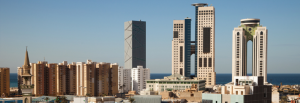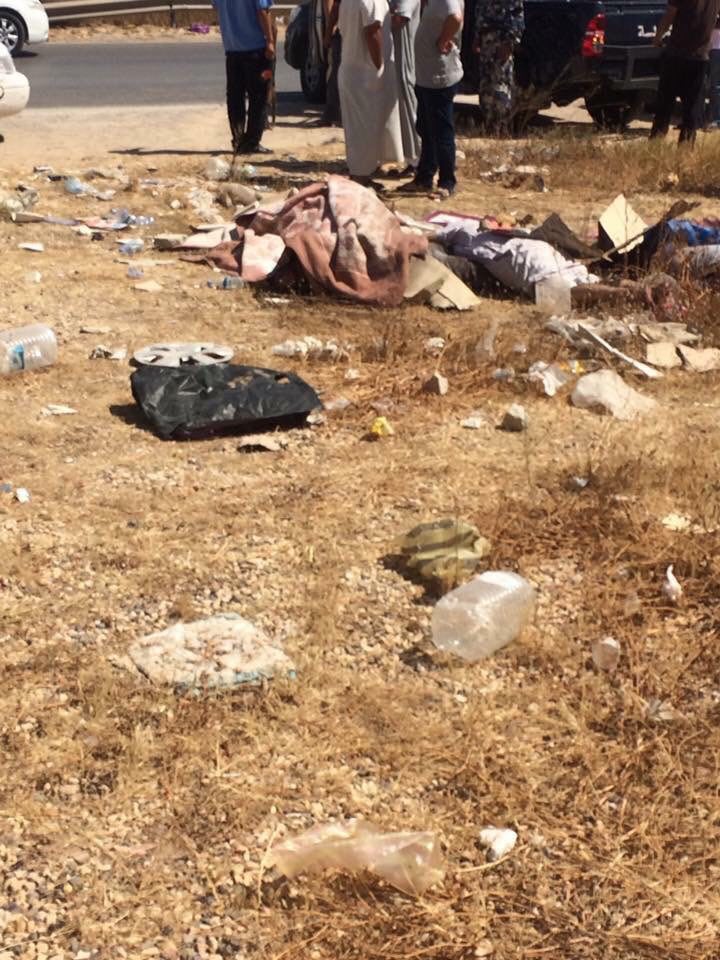By Moutaz Mathi

Tripoli, 10 June 2016:
Despite the shortage of cash, rising prices of basic food stuffs and the many hours of . . .[restrict]electricity cuts every day, residents in Tripoli have nonetheless responded tothe holy month of Ramadan this year with good will and a determination to enjoy its special atmosphere in gathering scattered family members around one table at Iftar – the breaking of fast at sunset.
“This is the magic of this blessed month, despite the bad living conditions we are going through, but I am very blessed to have all my sons and daughters to eat at the same table with me every day,” said Aref Dabbashi, a retired 69-year old former government official.
It is an attitude many others take. But beneath it there are rumblings of serious discontent.
The financial situation remains miserable even after the arrival of newly printed dinars. Queues at the banks are very long and no one is allowed to withdraw more than LD 500. It is so easy to notice the pale faces of people queuing due to fasting, but when you get closer to them, you would see the sparks of anger on their eyes.
“This is more than I can bear,”said Mahmud, aged 39 who was queuing at a bank in the Rasheed area in central Tripoli. “I’m not able to take my salary and at the same time I’m having serious difficulties to provide my family with the food they need”.
In general, prices of many food products are still high despite action by the Central Bank of Libya (CBL). It has been working much faster than usual to provide merchants Letter of Credits so they can import basic foodstuffs and sell them at reasonable prices at least during the month of Ramadan.
“We have given 399 companies letters of credit worth of $900 million and we have followed a “Funds Collection” system which aims to prevent corruption and to make sure that goods reached the people,” the CBL’s media office manager Essam El-Oul has told the Libya Herald.
“However, the role of the bank stops here and serious procedures of supervision must be held by other related governmental boards. We called all of them to undertake their responsibilities,” he added.
Moreover, the long power cuts – more than seven hours a day throughout Tripoli – have their own negative effects on residents as well.
“The same drama continues, and it proves the failure of all governments to provide better services to residents,” said Osama Heggiagi, another local Tripolitan. “The new Presidency Council seems to be imprisoned inside the walls of Bu Setta naval base. They don’t seem to have anything to offer. They haven’t come up with any practical plans to solve the current daily problems which people are facing,” he stated.
The continuing delay in approving the Government of National Accord by the House of Representatives because of the continued political struggle only adds to the difficulties in enabling the government to provide basic public services, he explained. [/restrict]







